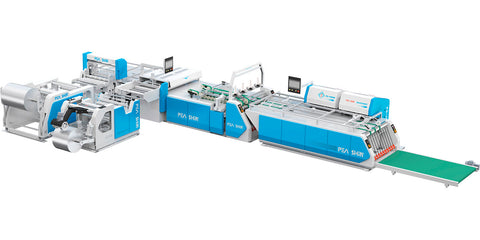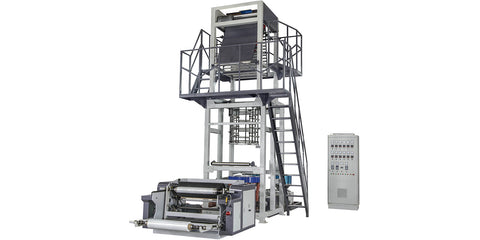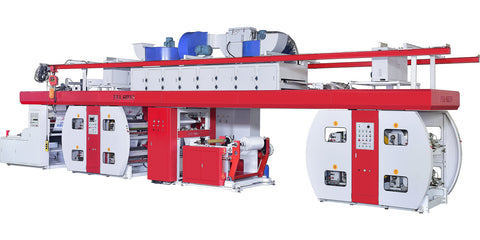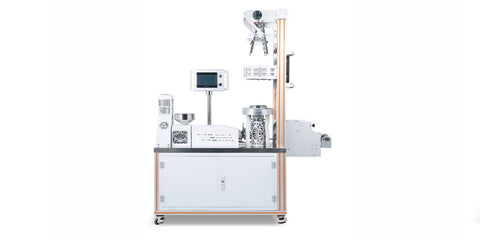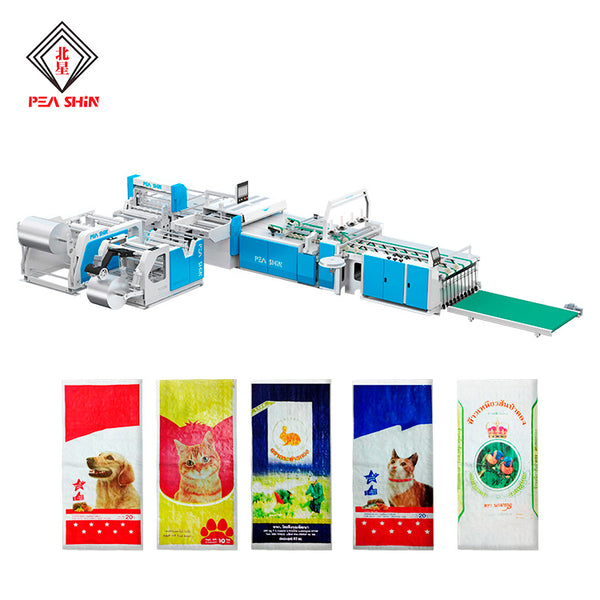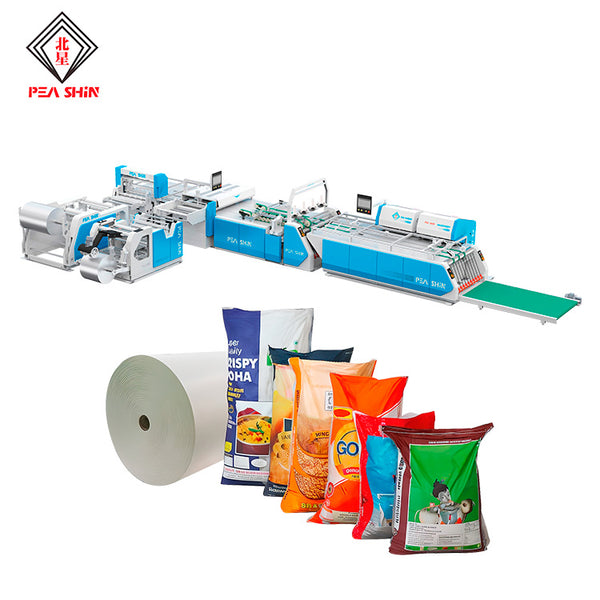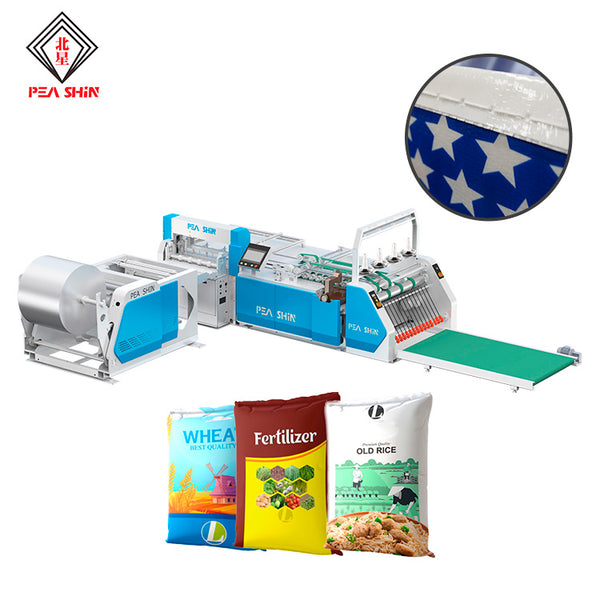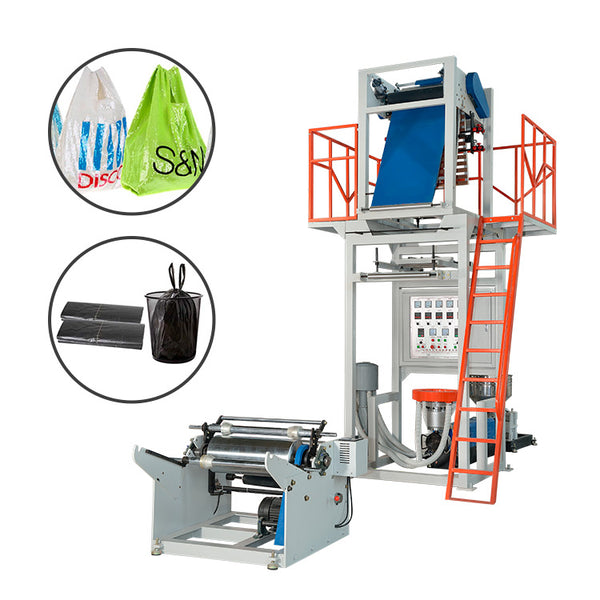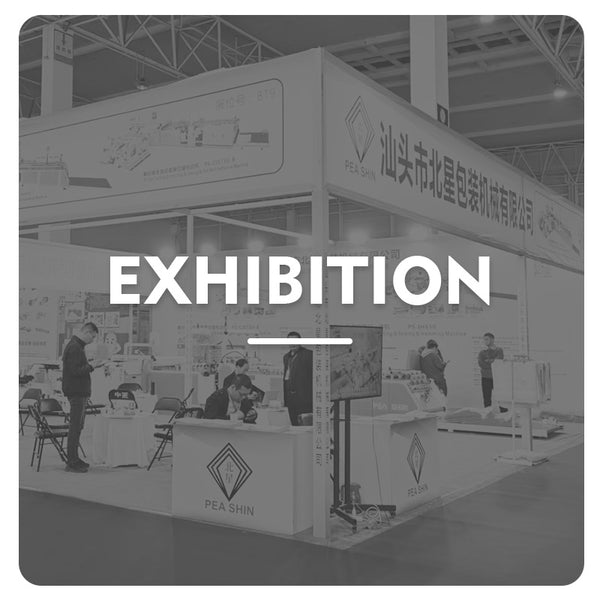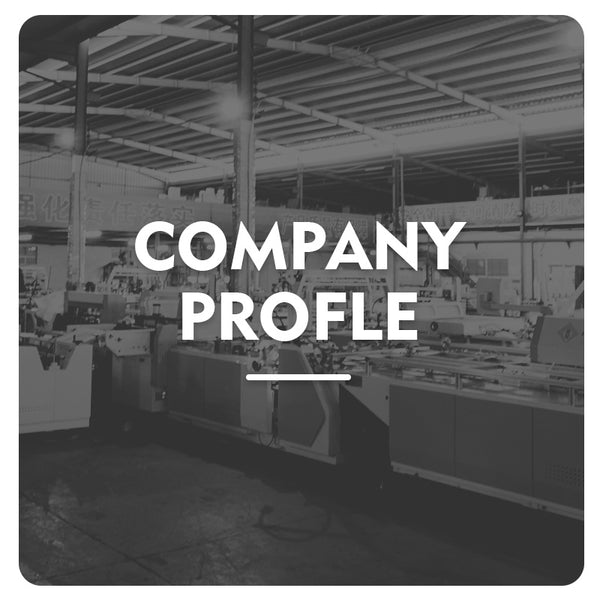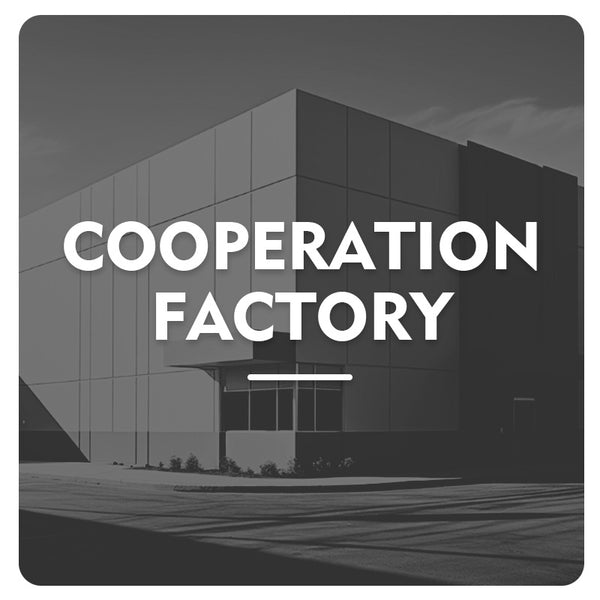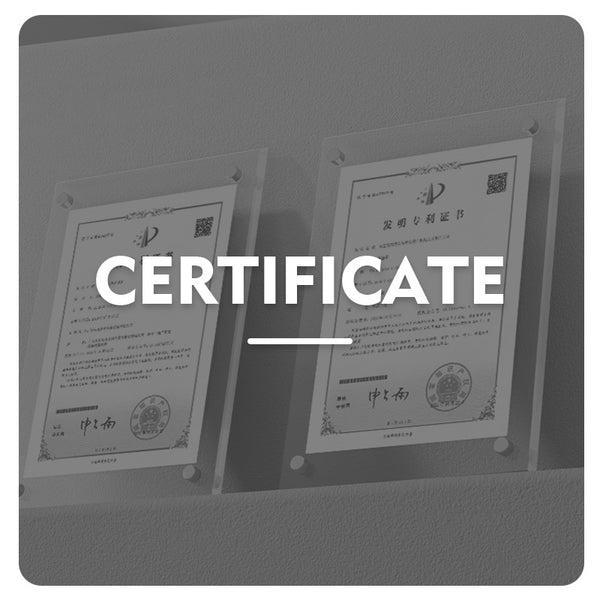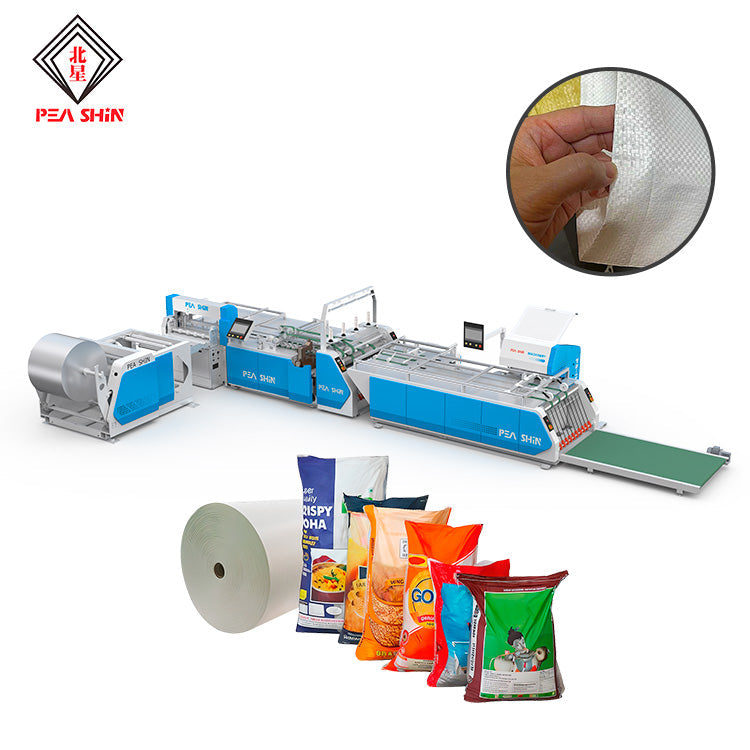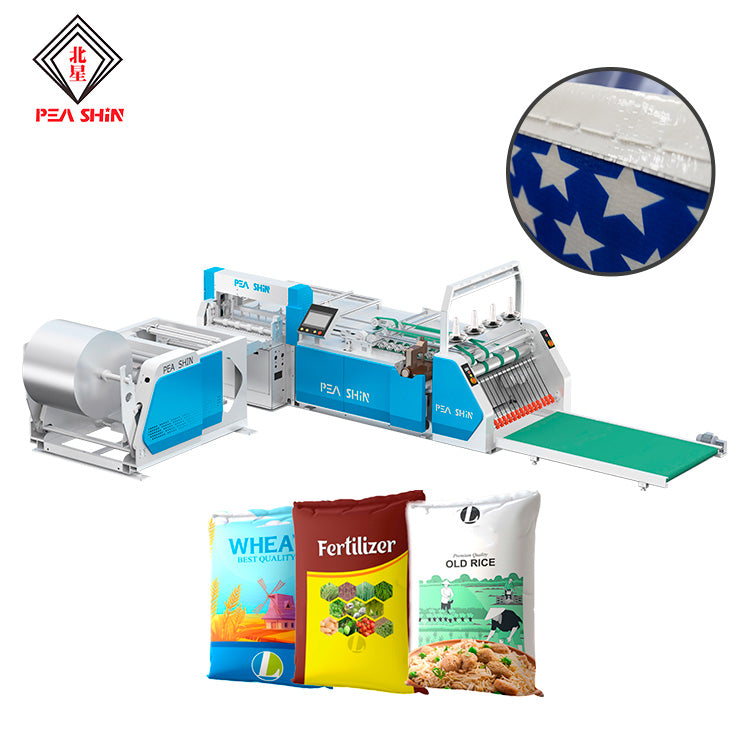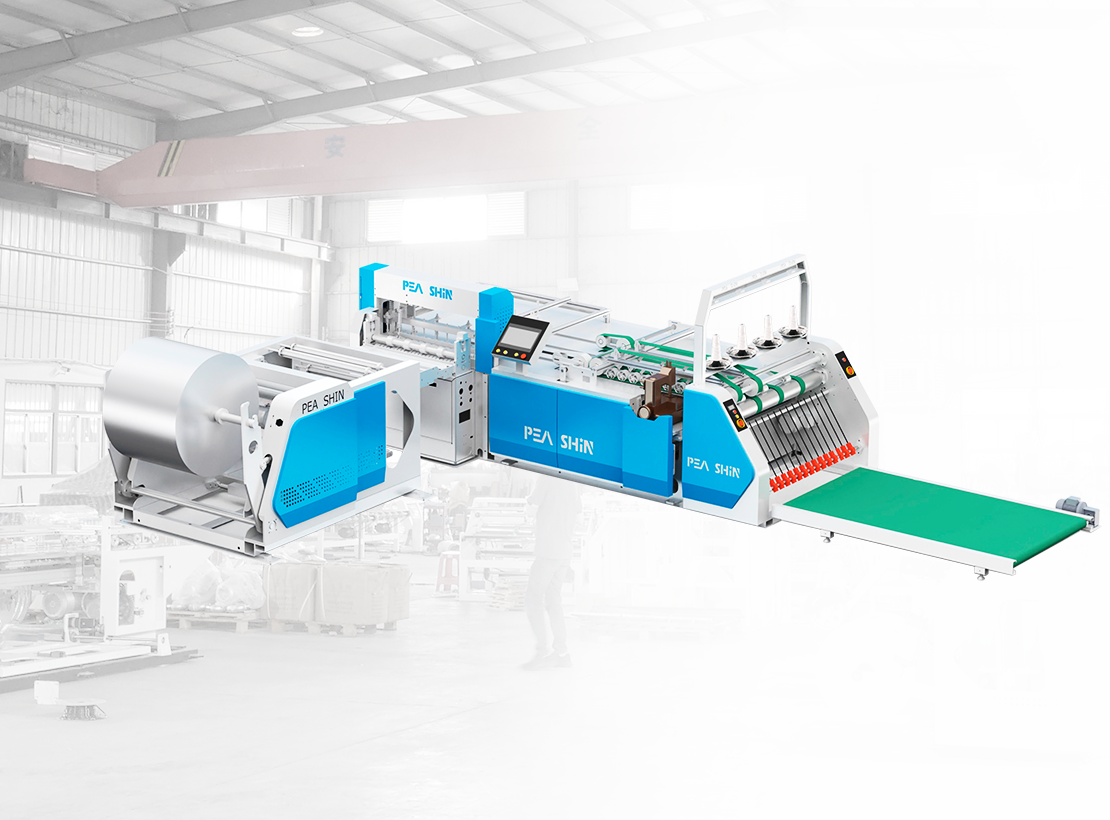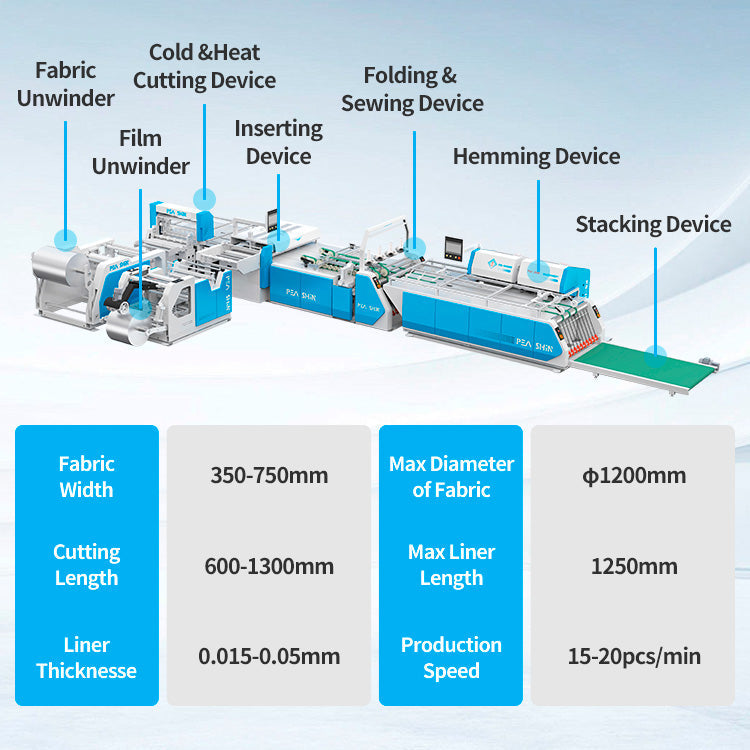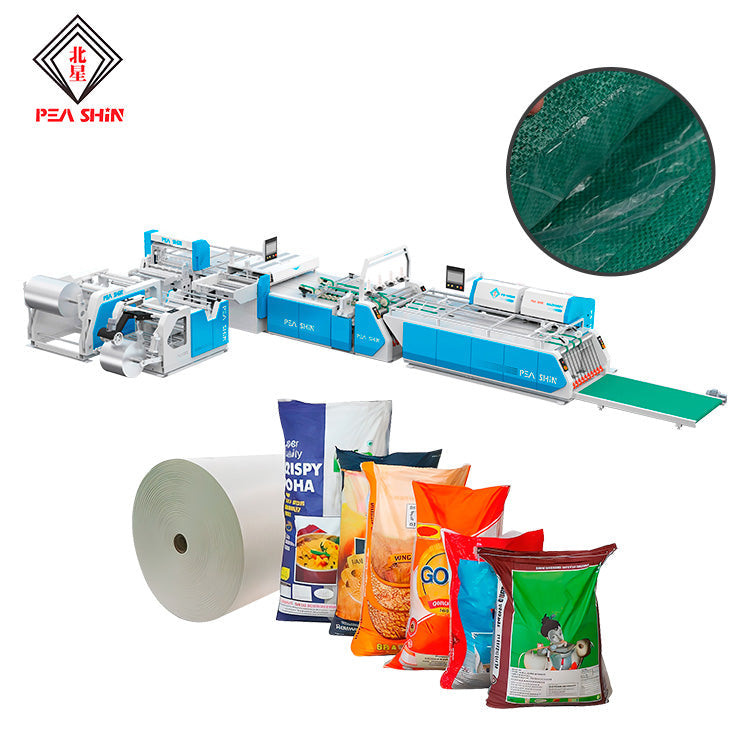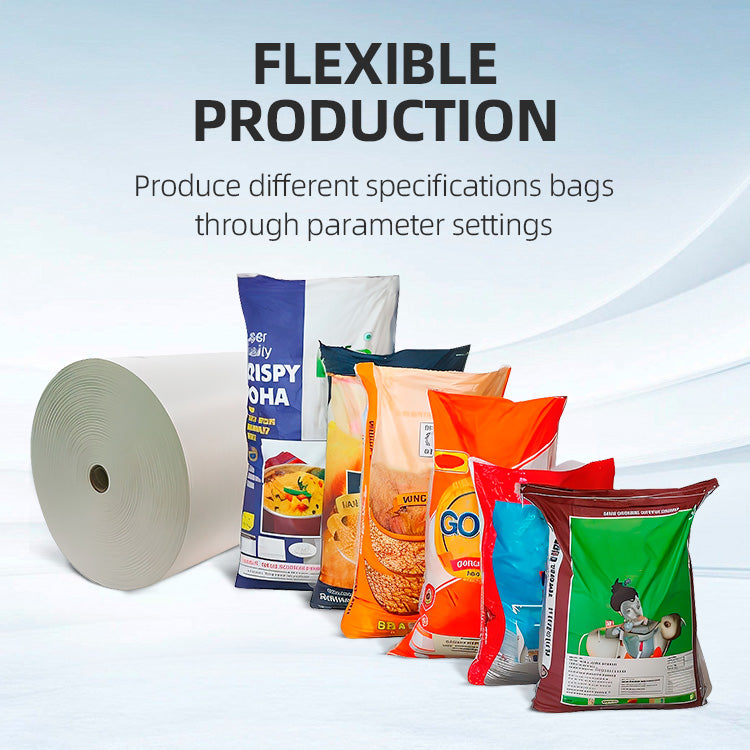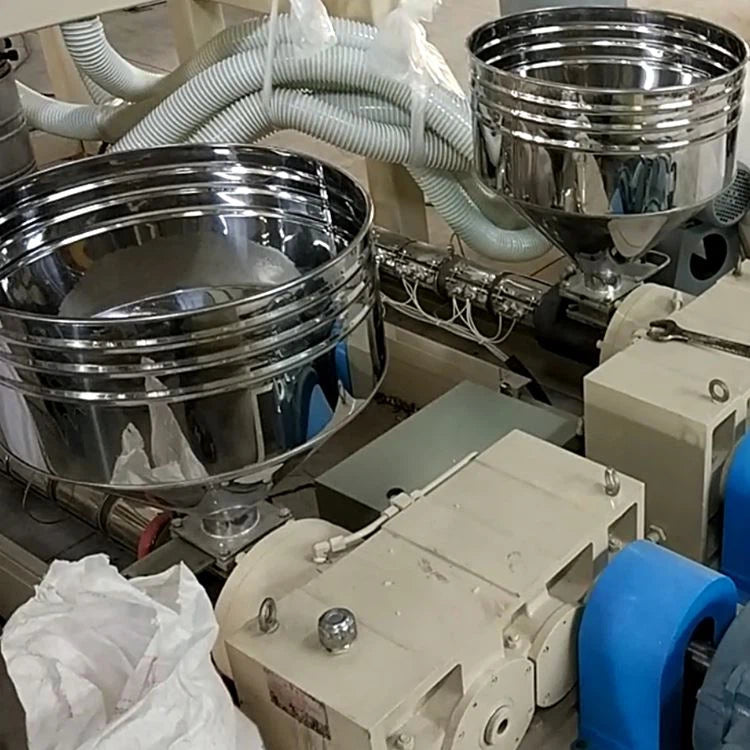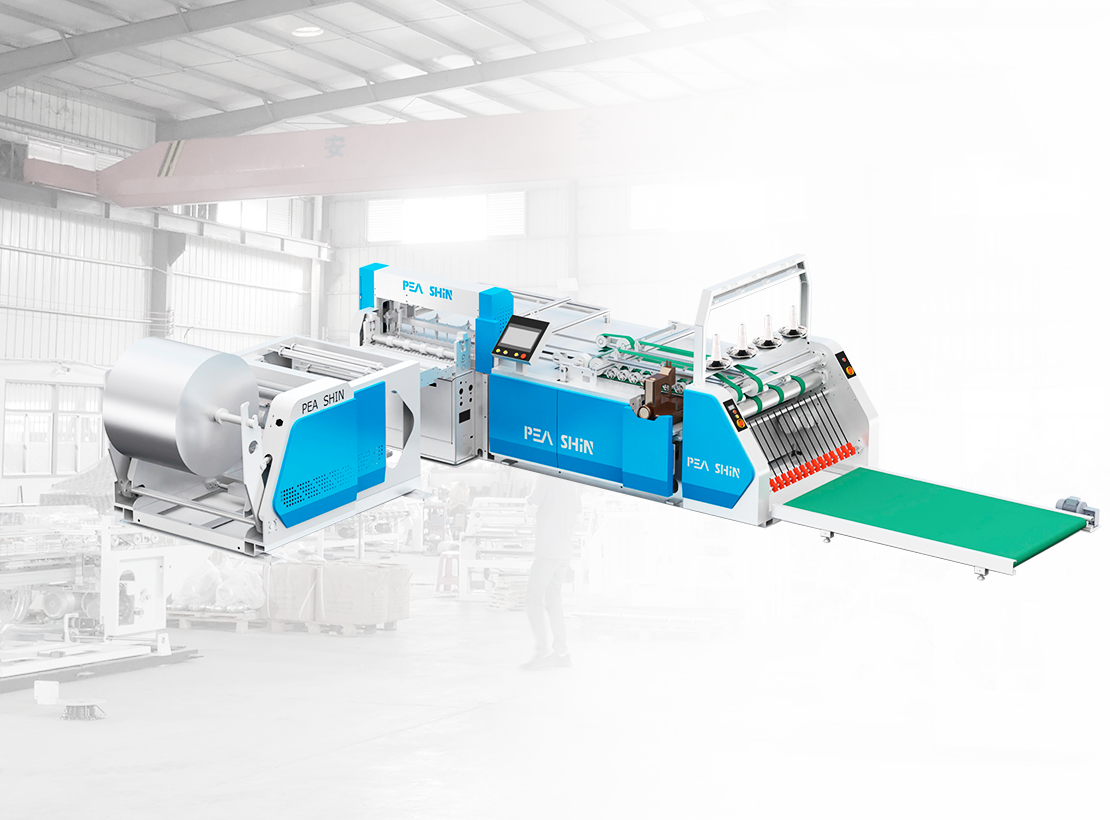Why Manufacturers Seek Alternatives to Hyplas Bag Making Machines
For years, Hyplas has been recognized as one of the most established names in the bag making machine sector. The brand is widely known for producing equipment used in manufacturing woven polypropylene (PP) bags, shopping bags, agricultural sacks, and other industrial packaging solutions. While Hyplas machines remain present in many factories around the world, the manufacturing landscape has evolved significantly, prompting businesses to reevaluate whether Hyplas still represents the most efficient or cost-effective option available.
One of the most frequently discussed strengths of Hyplas equipment is stability. Many factories appreciate that these machines can run continuously for long hours while maintaining acceptable tolerance and cutting precision. In industries where downtime directly affects production costs, stable mechanical performance is crucial. However, as the competitive environment intensifies, the limitations of traditional Hyplas models have become more obvious, especially when compared to newer alternatives focused on automation, energy savings, and digital control.
A major concern for manufacturers using Hyplas is the speed of innovation. While competitors have aggressively upgraded features such as automatic tension control, servo-driven accuracy, IoT-based monitoring, and touchscreen interfaces, Hyplas machines in many markets are still perceived as more traditional. For factories aiming to increase output or reduce labor dependence, the lack of advanced automation can become a bottleneck. When production lines require fast changeovers or frequent bag size adjustments, newer-generation machines often outperform Hyplas in setup speed.
Maintenance and spare parts availability represent another challenge. In several regions, sourcing original Hyplas components may take time, resulting in extended downtime when something goes wrong. Some users note that technical support from the brand is not always immediately accessible depending on geographic location. As competition increases in the woven PP bag industry, manufacturers look for partners offering faster service response and easily available replacement parts.
Pricing is also a key factor. Hyplas machines are not positioned as the cheapest option in the market. While the build quality is generally reliable, many factories, especially in developing markets, prefer machines that deliver similar functionality at a more competitive price point. Cost-sensitive businesses often compare Hyplas with alternative brands that provide equal or better performance at a lower investment level.
Another important aspect is customization. The woven PP bag industry has diversified rapidly—requiring laminated bags, micro-perforated bags, agricultural sacks, fertilizer packaging, and even customized shopping bags. Some factories report that adapting Hyplas machines for highly specialized bag types requires additional manual tuning or third-party modifications. In contrast, competing brands usually offer modular add-ons and customizable configuration packages that make the process more flexible.
Despite these challenges, Hyplas maintains a solid reputation among certain manufacturers, especially those who prioritize durability over digital sophistication. For businesses that run long-term orders with minimal bag size changes, the stability of Hyplas machines can still be attractive. However, companies focused on market competitiveness, energy savings, or labor reduction increasingly explore alternative options that reflect modern production needs.
From a global perspective, the bag making machine industry is shifting toward automation, remote diagnostics, AI-assisted control, and fully integrated production lines. These advancements allow factories to reduce waste, increase output, and operate with smaller teams. In comparison, Hyplas’s slower modernization pace has positioned the brand as a traditional option in a rapidly evolving industry.
For manufacturers researching alternatives to Hyplas bag making machines, the evaluation typically includes machine speed, automation level, cost efficiency, and long-term support. Many modern brands emphasize servo systems, digital interfaces, and upgraded sealing technology that enhance both accuracy and output stability. These improvements make the decision to switch away from traditional Hyplas models easier for factories planning to scale production or improve operational efficiency.
In conclusion, Hyplas remains a well-known name in the woven PP bag machinery field, but the evolving manufacturing environment encourages businesses to explore alternatives. Between automation improvements, cost considerations, and more versatile machine configurations offered by newer brands, many manufacturers find better alignment with modern equipment. The demand for Hyplas alternatives continues to grow, especially among factories seeking higher efficiency, lower downtime, and competitive production quality in today’s global market.
